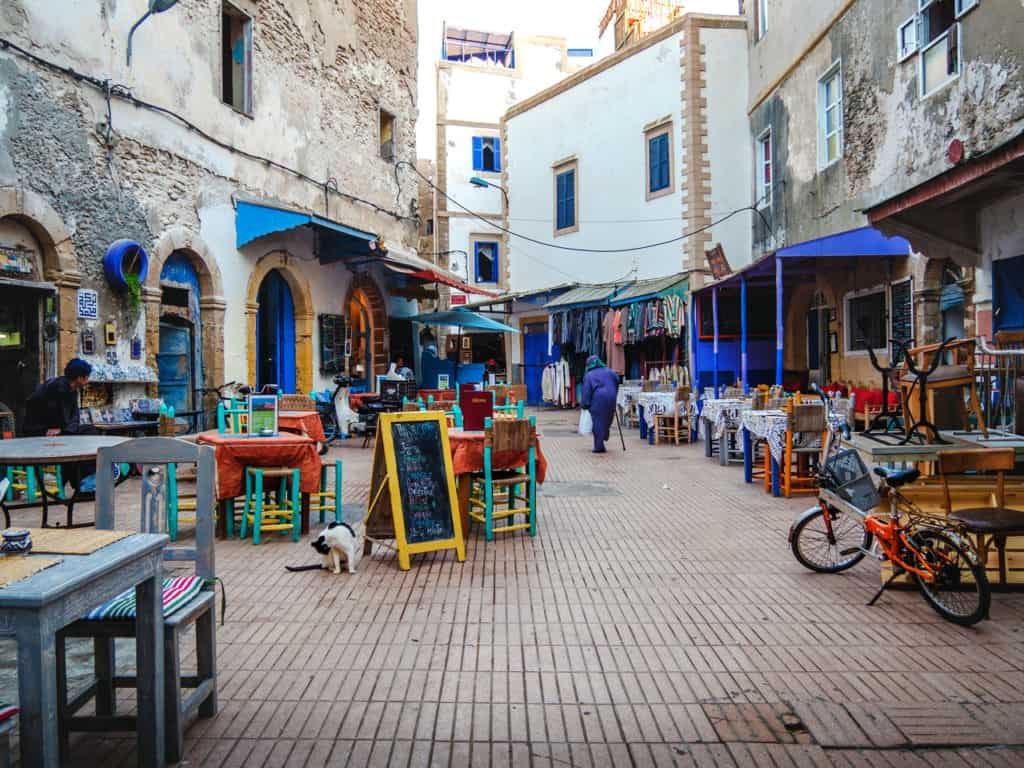
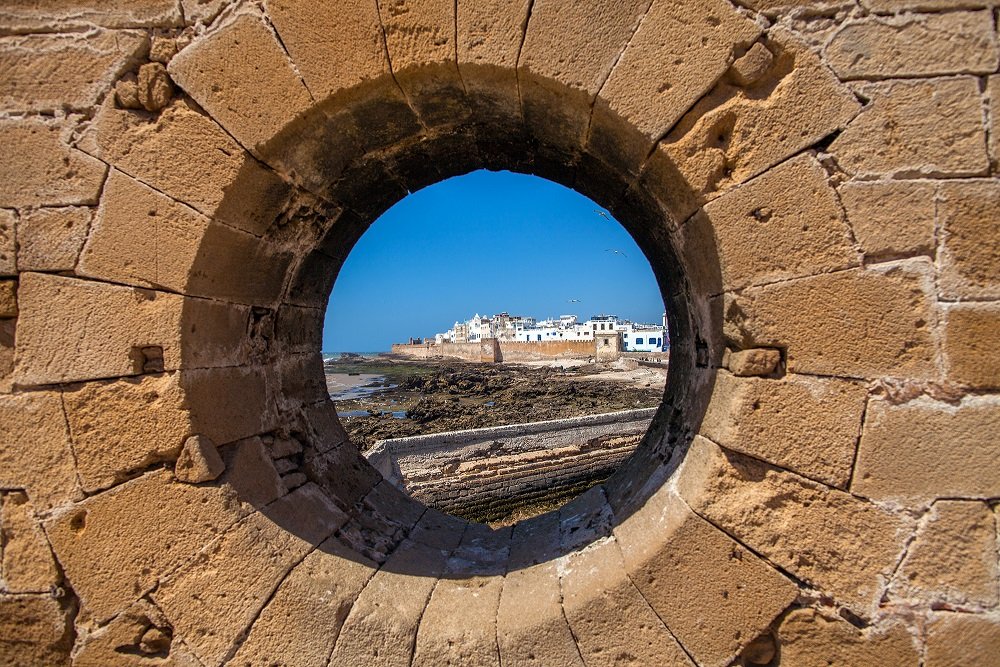
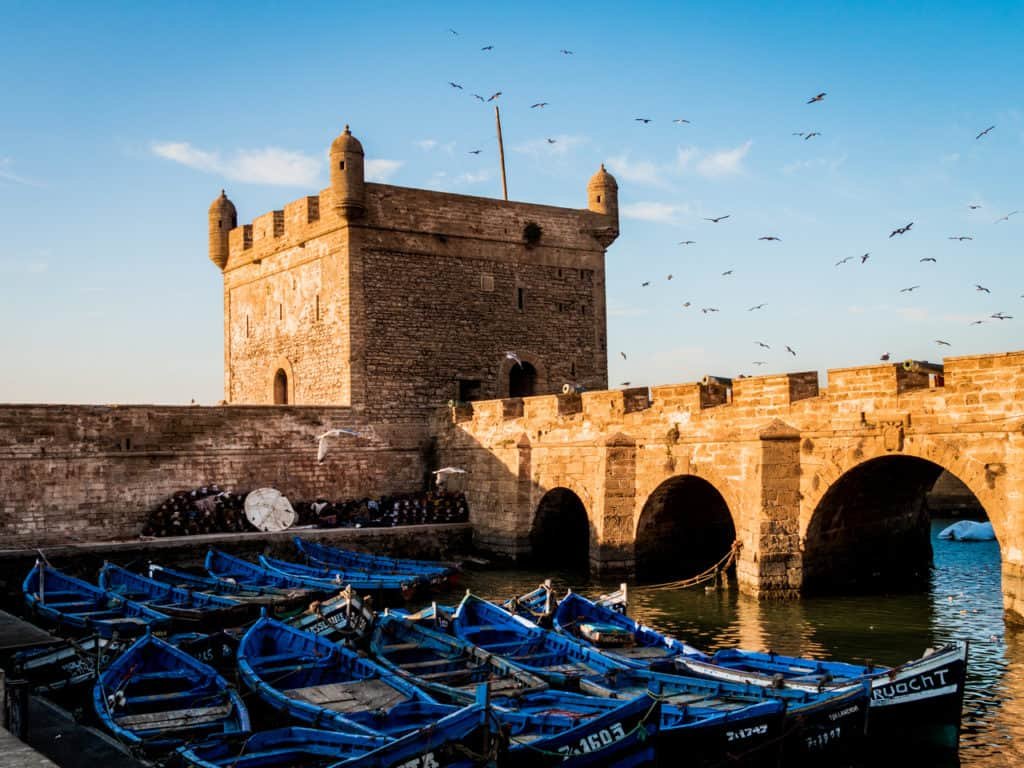
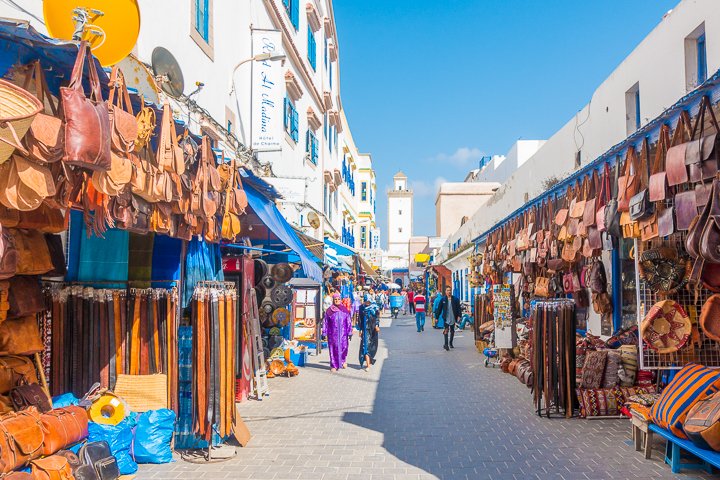
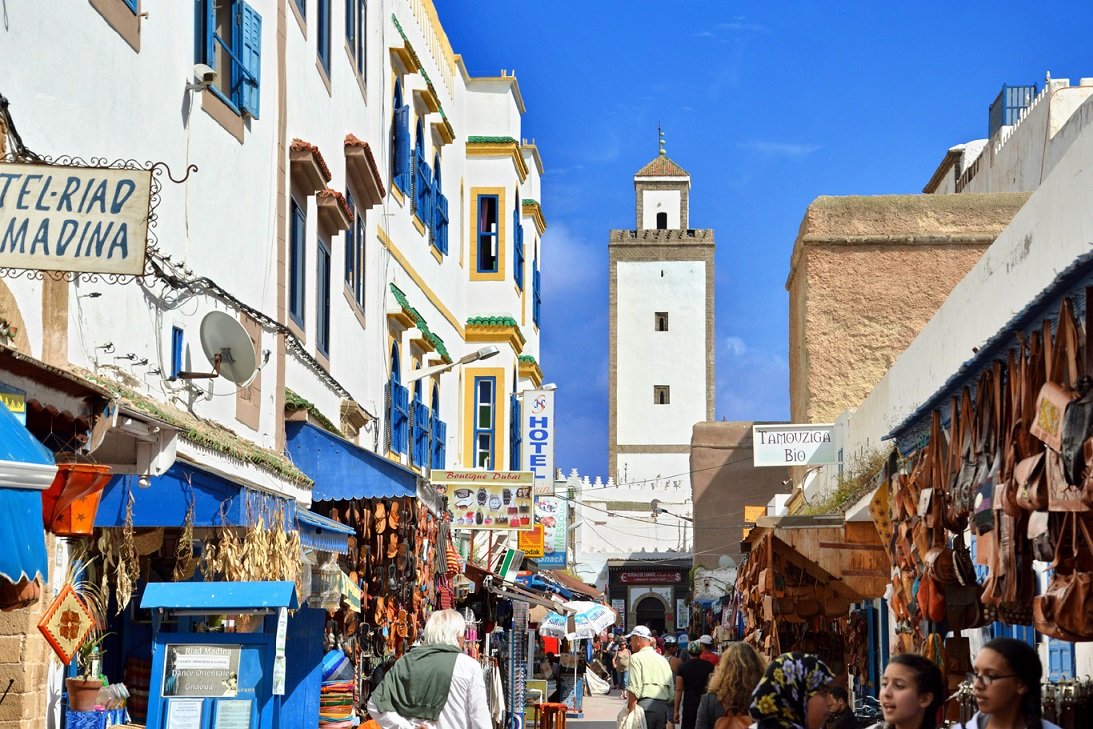
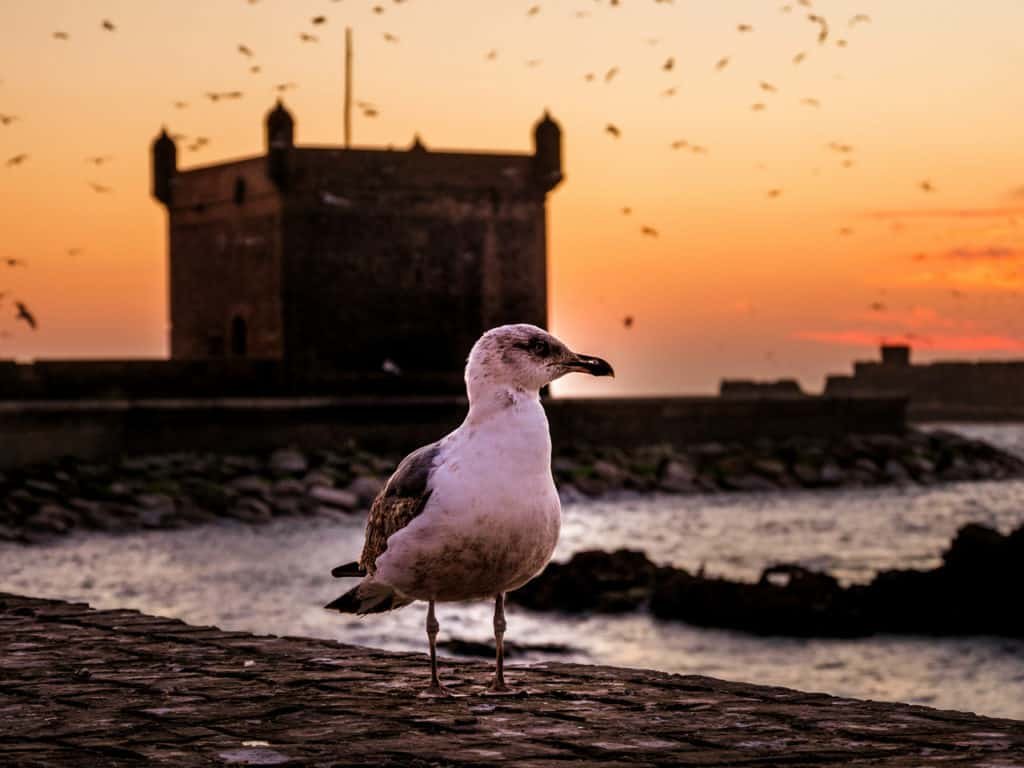
Morocco Travel Tips Guide
What is the best time to visit Morocco?
- The best time to visit Morocco depends on your preferences and the activities you wish to experience. Generally, spring (April to May) and fall (September to October) offer pleasant weather across the country, making it ideal for exploring cities, hiking, and desert excursions. Summer (June to August) can be hot, especially in inland areas, while winter (December to February) brings cooler temperatures and the possibility of snow in the Atlas Mountains.
Do I need a visa to travel to Morocco?
- Visitors from many countries, including the United States, Canada, the European Union, and Australia, do not need a visa for stays of up to 90 days. However, it’s essential to check the specific visa requirements based on your nationality before traveling to Morocco.
What are the must-visit cities in Morocco?
- Morocco is home to several captivating cities, each offering its own unique charm. Some must-visit cities include Marrakech, known for its bustling souks and vibrant atmosphere; Fez, renowned for its ancient medina and traditional craftsmanship; Chefchaouen, famous for its blue-washed buildings and picturesque streets; and Essaouira, a coastal gem known for its relaxed vibe and historic port.
How safe is it to travel to Morocco?
- Morocco is generally a safe destination for travelers, with a low crime rate and a welcoming attitude towards visitors. However, it’s essential to take usual precautions, such as avoiding isolated areas at night and keeping an eye on your belongings in crowded areas.
What is Moroccan cuisine like?
- Moroccan cuisine is renowned for its bold flavors, aromatic spices, and diverse influences from Arab, Berber, and Mediterranean culinary traditions. Signature dishes include tagine (slow-cooked stews), couscous (steamed semolina grain), and pastilla (a savory pastry filled with meat and nuts). Don’t miss trying traditional mint tea and sampling street food delights like harira soup and grilled meats.
What are the top attractions in Marrakech?
- Marrakech is a treasure trove of attractions, including the bustling Jemaa el-Fnaa square, the historic Bahia Palace, the serene Majorelle Garden, and the intricate Saadian Tombs. Visitors can also explore the winding streets of the medina, shop for souvenirs in the souks, and experience the vibrant atmosphere of the city’s night markets.
How can I travel from Marrakech to other cities in Morocco?
- Traveling between cities in Morocco is easy and convenient, with options including trains, buses, and domestic flights. The ONCF train network connects Marrakech to major cities like Casablanca, Fez, and Tangier, while buses operated by companies like CTM and Supratours offer affordable and comfortable long-distance travel.
Are there any cultural festivals or events in Morocco?
- Morocco hosts a variety of cultural festivals and events throughout the year, celebrating music, arts, and traditions. Highlights include the Fez Festival of World Sacred Music, the Gnaoua World Music Festival in Essaouira, and the Rose Festival in the Dades Valley. Additionally, religious holidays like Ramadan and Eid al-Fitr are widely observed across the country.
What are the best activities to do in the Sahara Desert?
- A visit to the Sahara Desert offers a range of unforgettable experiences, including camel treks over the dunes, camping under the stars in traditional Bedouin-style tents, and witnessing breathtaking sunrises and sunsets over the vast desert landscape. Adventurous travelers can also try sandboarding, quad biking, or exploring desert oases and Berber villages.
What should I pack for a trip to Morocco?
- Packing for Morocco depends on the season and the activities planned. Essentials include comfortable clothing suitable for the climate, sturdy walking shoes, a hat and sunglasses for sun protection, a scarf for covering shoulders and entering mosques, and a reusable water bottle for staying hydrated. It’s also advisable to bring any necessary medications, sunscreen, and a small first aid kit.
hat are the traditional customs and etiquette in Morocco?
- Morocco has a rich cultural heritage with unique customs and etiquette that visitors should be aware of to ensure a respectful and enjoyable experience. Greetings are an essential part of Moroccan culture, with “Salam alaikum” (peace be upon you) being the common greeting, often followed by “Wa alaikum salam” (and upon you be peace). When visiting someone’s home or a mosque, it’s customary to remove your shoes before entering as a sign of respect. Additionally, when dining, it’s polite to accept food or drink when offered and to use your right hand for eating, as the left hand is considered unclean. Dress modestly, especially when visiting religious sites or rural areas, and always ask for permission before taking photos of people, especially women.
Is it customary to tip in Morocco?
- Tipping, or “baksheesh,” is a common practice in Morocco, especially in the service industry. While it’s not mandatory, tipping is appreciated for good service. In restaurants, a tip of around 10-15% of the bill is customary if service isn’t included. For other services, such as hotel staff, tour guides, and drivers, it’s customary to tip based on the level of service received. Small denominations of Moroccan Dirhams are preferred for tipping.
What are the best souvenirs to buy in Morocco?
- Morocco is renowned for its vibrant markets and unique handicrafts, making it a paradise for souvenir shopping. Popular souvenirs include handwoven Berber rugs, intricately patterned ceramics and pottery, leather goods such as bags and shoes, colorful textiles and fabrics, and traditional Moroccan spices like saffron, cumin, and paprika. Other popular items include decorative lanterns, brass tea sets, and handcrafted jewelry made by local artisans.
Can I haggle when shopping in Moroccan markets?
- Bargaining, or “haggling,” is a common practice in Moroccan markets, or “souks.” Vendors often quote higher prices initially, expecting customers to negotiate for a lower price. When haggling, it’s essential to approach it with a friendly attitude and to be respectful. Start by offering a price significantly lower than the asking price and gradually negotiate to reach a mutually acceptable price. Remember to smile, be patient, and enjoy the experience—it’s all part of the cultural tradition!
Are there any health precautions I should take before traveling to Morocco?
- Before traveling to Morocco, it’s advisable to consult with your healthcare provider or a travel medicine specialist to discuss any necessary vaccinations or health precautions. While Morocco doesn’t have any specific health risks for travelers, it’s essential to stay hydrated, especially in hot weather, and to avoid consuming tap water or uncooked foods that may cause stomach upset. Additionally, travelers should carry a basic medical kit with essentials such as pain relievers, antidiarrheal medication, and sunscreen.
What are the options for accommodation in Morocco?
- Morocco offers a wide range of accommodation options to suit every budget and preference. From luxurious hotels and boutique riads to budget-friendly guesthouses and hostels, there’s something for everyone. In cities like Marrakech, Fez, and Casablanca, you’ll find an array of international hotel chains, while smaller towns and rural areas offer charming riads, traditional guesthouses, and eco-lodges nestled amidst stunning landscapes.
How much Arabic do I need to know to travel in Morocco?
- While knowing some basic Arabic phrases can enhance your travel experience in Morocco, it’s not essential for getting around. Many Moroccans speak French, especially in urban areas and tourist destinations, and English is also widely spoken, particularly in the tourism industry. However, learning a few Arabic greetings and expressions, such as “shukran” (thank you) and “salam alaikum” (peace be upon you), can go a long way in connecting with locals and showing respect for their culture.
What are the transportation options within Morocco?
- Morocco has a well-developed transportation infrastructure that makes it easy to travel within the country. The ONCF operates a comprehensive train network that connects major cities like Casablanca, Marrakech, and Fez. Buses, operated by companies such as CTM and Supratours, provide affordable and comfortable transportation between cities and towns. Additionally, taxis are widely available in urban areas, and car rental services are available for those who prefer to explore independently.
Are there any day trips or excursions I can take from major cities like Marrakech or Fez?
- Yes, there are plenty of day trip options from major cities like Marrakech and Fez. Popular excursions include visits to the Atlas Mountains, where you can explore picturesque villages and hike to scenic viewpoints, and trips to the Ourika Valley, known for its stunning waterfalls and lush landscapes. Other options include excursions to the coastal town of Essaouira, the UNESCO World Heritage site of Ait Benhaddou, and the Roman ruins of Volubilis.
What are some off-the-beaten-path destinations in Morocco?
- While Morocco’s major cities and tourist attractions are undoubtedly captivating, the country also boasts several off-the-beaten-path destinations that offer a more authentic and immersive experience. Consider exploring the remote villages of the High Atlas Mountains, where you can discover Berber culture and hospitality, or venturing into the rugged landscapes of the Anti-Atlas Mountains, home to stunning gorges and traditional mud-brick villages. Additionally, the desert town of Zagora, known for its palm groves and ancient kasbahs, offers a tranquil escape from the tourist crowds.